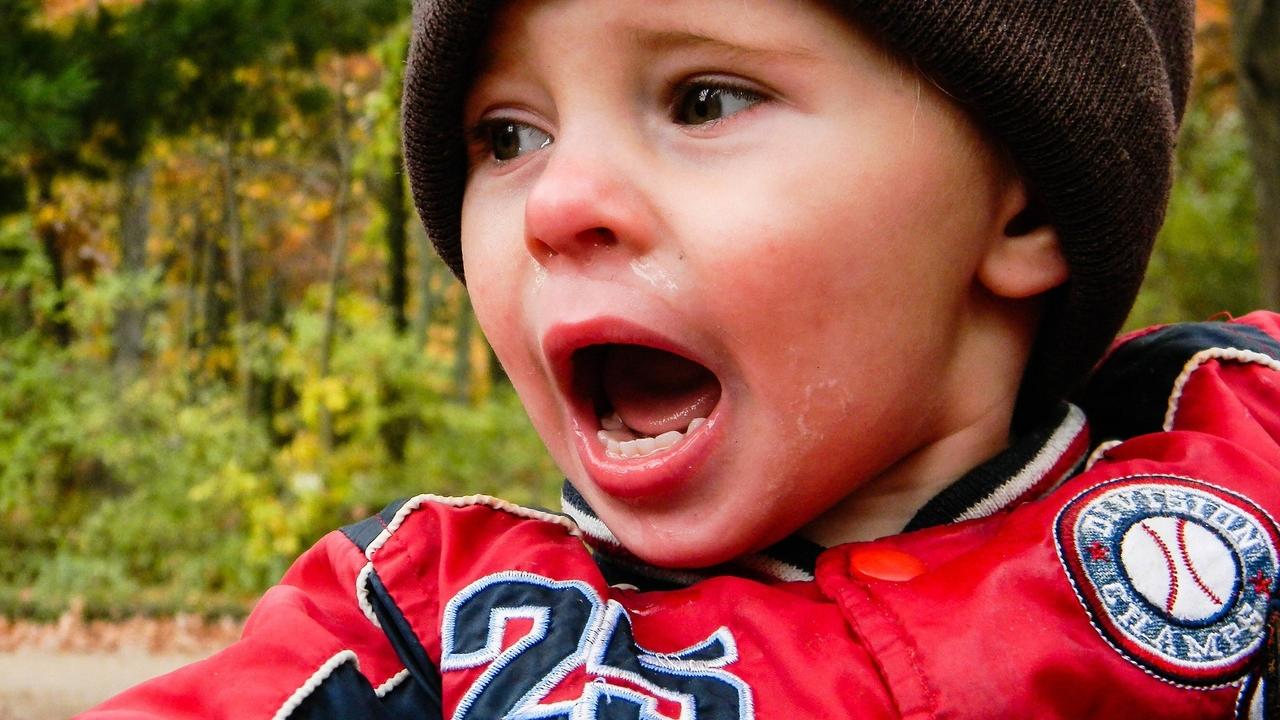Children behave better when they feel better
Oct 23, 2020

Expecting children to 'behave' or even be in a position to be able to learn, when they are struggling with anxiety, stress or early childhood trauma is not viable.
I invite you to think back to a time when you were stressed, tired, or in mental or emotional turmoil or distress. Where you on your game? Were you receptive to learning? Or were you paralysed. Trapped in your head, going over and over things in your mind? Did you maybe snap at people, or lose control of your emotions. Were you easily angered? Could you focus or concentrate, or did the room seem to too small for your feelings and you just had to get the hell out? Did you sleep or eat well?
Did you want to go out and socialise with your friends and play loads?
I could be wrong, but I suspect not.
If your child is hyperactive, melting down and seems unable to be still, focus or concentrate, follow instructions or is simply lashing out at others, it could be time to stop judging their behaviour as 'bad' behaviour and see it as the communication of stress that it really is. A symptom of their internal world of thoughts and feelings.
Because thoughts, drive feelings. And feelings drive behaviour.
And the way that we increase wellbeing in younger children is by helping them understand what is going on, but we can't do that by sitting them down and talking to them about anxiety, or depression. We do it by getting them to move their bodies. We do it by introducing massive concepts like monkey mind and overthinking through music and play. By jumping around like naughty little monkeys! Teaching them to tune into the sensations in their bodies so they can feel what is actually going on. We can help them understand what feeling safe really feels like and what their body is trying to tell them when they don't. We introduce them to their breath and teach them easy techniques for calming down and help them focus their minds on what it is that they really want, instead of the problems. We teach them to understand that they are capable of great things. We introduce them to the present moment. We dance, we sing. We connect. Because music is a universal language and the relationship that we have with ourselves, is the single biggest factor in all other relationships for the rest of our lives and our ability to live and love to our full potential. And the best time to teach this is in early childhood, before age 7, when a children's beliefs, sense of self and model of the world are being formed.
